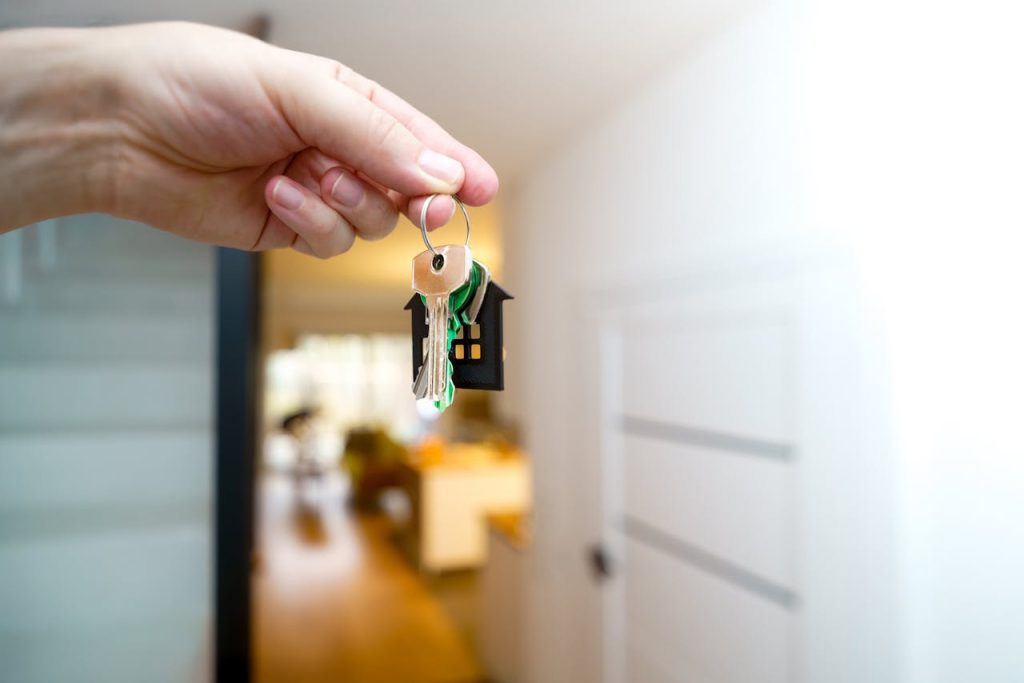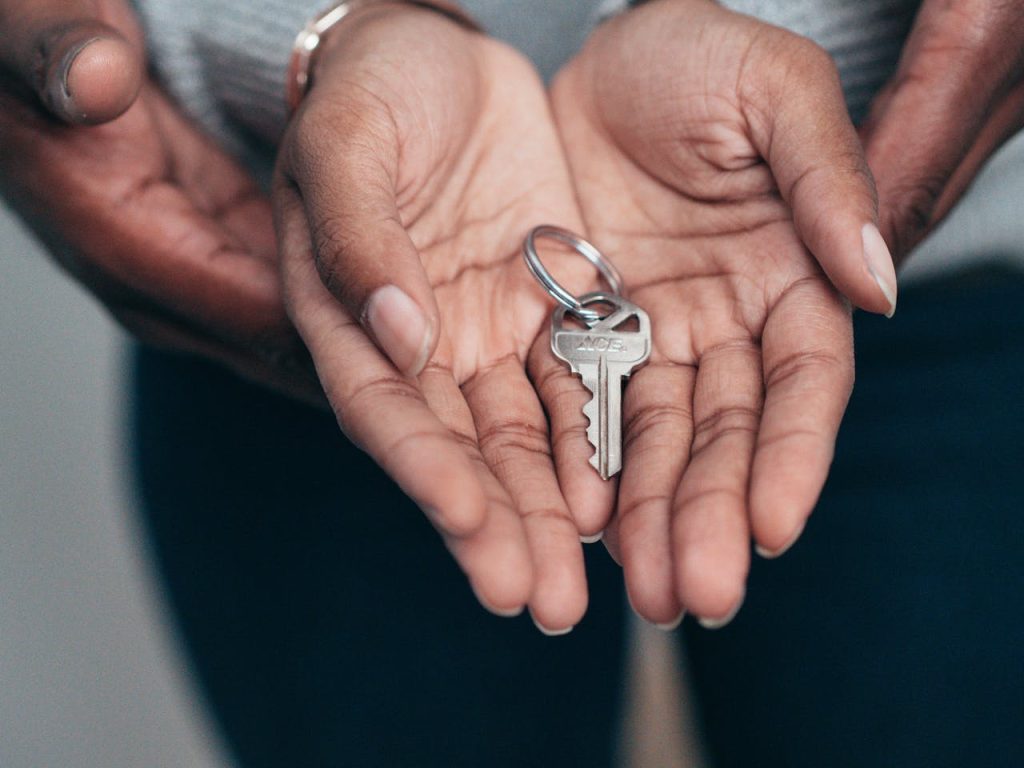This article will guide you in selling your home in a year. It covers money matters, tax problems, and possible risks. At this point, you can make your own decisions with confidence.
Home Equity and Appreciation
When you buy a property, its value usually goes up over time. But this doesn’t mean you will always profit when you sell. If you sell too soon, before the home appreciates enough, you might not make money. The five-year rule gives you time to build equity in your home. This helps make the sale more profitable.
Exceptions to the Rule
The five-year rule is common advice. But sometimes, selling sooner makes sense. If you're moving for work or facing sudden changes, selling early may be your best option. Sometimes, it might be worth the financial loss based on your situation.
Get Your Cash Offer Today – Fast & Easy!
Financial Considerations: How Much Does It Cost to Sell a Home?
Selling a home comes with a range of costs that can add up quickly. Before listing your home, it's important to understand the expenses involved.
Major Costs:
Real Estate Agent Commission Fees
Most home sellers work with a real estate agent, and this comes at a cost. Typically, the commission fees range from 5% to 6% of the sale price. Though negotiable, this fee should be factored into your selling costs.
Closing Costs
When selling a property, you’ll also need to account for closing costs. These usually range from 1% to 3% of the sale price and may cover title insurance, repairs, and other fees to complete the sale.
Repairs and Home Staging Expenses
Many homeowners make repairs or stage their homes to increase value before selling. These optional costs can add to your total selling expenses, but they may help you fetch a higher sale price.
Mortgage Payoff and Prepayment Penalties
Don’t forget to factor in the cost of paying off your mortgage when selling your home. If you’ve had your mortgage for less than a year, you may also face prepayment penalties depending on your lender’s terms.

Everything You Should Know About Capital Gains Tax on Home Sales
One of the biggest financial factors to consider when selling a home is the potential for capital gains tax. The IRS treats homes as investments, and if you sell your home for more than you paid, you may be subject to capital gains tax.
Short-Term vs. Long-Term Capital Gains Tax
Selling your home within a year means paying short-term capital gains tax, the same as regular income tax. However, if you hold the property for over a year, you qualify for long-term capital gains tax, which usually has a lower rate.
Selling a Home Within Two Years
The IRS allows for an exemption on capital gains tax if you meet certain conditions. If you have lived in the home for 2 of the last 5 years, you can exclude up to $250,000 ($500,000 for couples) of profit from taxes.
Reducing Capital Gains Tax
You can reduce capital gains tax by offsetting gains with expenses like home improvements. Working with a tax professional can help you cut these costs.
Will You Break Even? Understanding Your Home’s Appreciation Rate
Before listing your home, you’ll need to determine if you’ll break even or lose money on the sale. The appreciation rate of homes in your area plays a big role in this.
Calculating the Break-Even Point
Your break-even point is when your sale price matches your mortgage balance and selling costs. If your home’s appreciation rate is slow, it may take longer to reach this point.
Home Appreciation in the U.S.
Home appreciation varies by location. But nationwide, home prices have generally risen over the past decade. However, short-term fluctuations can happen. Knowing your local market helps determine if selling early will result in a loss or gain.
Should You Hold onto the Property Longer?
If the market in your area is currently stagnant or declining, it might make sense to hold onto the property longer. If you're facing financial stress or life changes, selling quickly may be your best option, even at a loss.
"In a day and age where professionals in the service industry never seem to answer their phones or return calls, Doctor Homes promptly responded to my initial call, and was always available during the entire selling process." - Nataly Lebedev, client.
Renting vs. Selling a Home: Which is the Better Option?
If you’re not sure whether to sell your home or hold onto it, renting could be an option worth considering.
Renting Out Your Home
Renting can provide you with a steady stream of income, especially if your home is in a desirable location. Being a landlord means dealing with tenants and maintenance.
Tax Implications of Renting
Rental income is taxable, but you may be able to deduct certain expenses related to the property. Additionally, being a landlord can come with legal and financial risks, so it’s important to weigh the pros and cons.
Managing a Rental Property
While renting can be a good financial option, it’s not without its challenges. From finding tenants to handling repairs, being a landlord requires time and effort. Consider if this aligns with your lifestyle before making a decision.
How to Sell a House After One Year Without Losing Money
Selling a home within one year of purchase can feel like a financial risk, but there are strategies to minimize your losses.
Strategic Pricing
Setting the right price for your home is crucial to ensuring a quick sale. Pricing it too high can result in your home sitting on the market for too long, while pricing it too low may not cover your costs. A competitive market analysis can help you determine a fair price.
Marketing Tactics
To sell your home quickly, it’s essential to market it effectively. Use professional photos, online listings, and open houses to attract buyers.
Negotiating Closing Costs and Commissions
You can negotiate costs, such as agent commissions and closing fees, to save money.
Selling Without a Realtor
One option to consider is selling your home directly to a cash home buyer. Doctor Homes offers quick cash deals with no realtor fees or long closing processes, which are ideal for fast sales.

Is It Time to Sell? Key Considerations for Homeowners After 1 Year
So if you're still wondering, "Can I sell my house after 1 year?" Yes, you absolutely can! But it’s important to understand the costs and financial impact. Selling within a year can be a smart choice with the right plan, whether due to life changes, finances, or urgency.
Before deciding, consult a real estate professional to find the best option for you. For a fast, hassle-free sale, consider Doctor Homes, which buys homes for cash and makes the process smooth.
FAQs about Can I Sell My House After 1 Year
What happens if I sell my house after only one year?
Selling a house after one year can result in a loss if the home hasn't appreciated enough to cover the selling costs. However, selling early might still be the best option if you’re facing a time-sensitive situation.
Do I have to pay capital gains tax if I sell my house after a year?
Selling within a year means any profit will be taxed as short-term capital gains at the same rate as regular income. Holding the property for over a year qualifies you for a lower long-term capital gains tax.
How much are closing costs when selling a home?
Closing costs usually range from 1% to 3% of the sale price and may cover title insurance, repairs, and other finalization fees.
Can I sell my house within two years without losing money?
If you’ve owned the home for less than two years, you might face capital gains tax on any profit. Selling within this time may still make sense depending on your situation.
Should I rent out my house instead of selling it after a year?
Renting your home can provide steady income, but it needs maintenance and tenant management. Consider your long-term financial goals before deciding whether to rent or sell.




